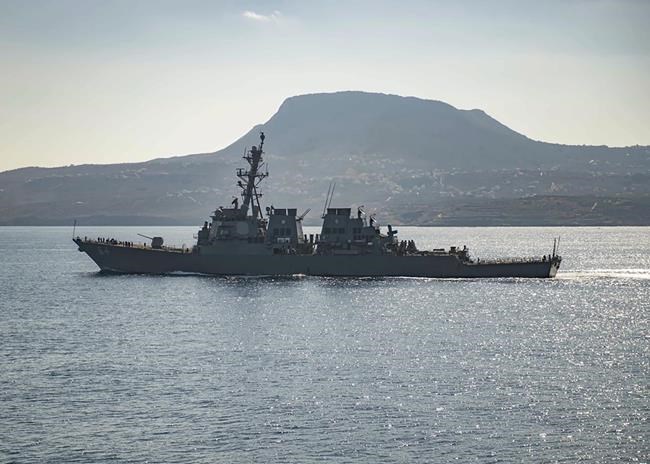One of the biggest disruptions global trade has witnessed since the COVID-19 pandemic is the attack on merchant ships by the Yemeni Houthis in the Red Sea. The Iran-backed rebels launched their attacks on this crucial trade route, which accounts for some 15 per cent of global trade flow, since Israel’s invasion of Gaza in retaliation to the 7 October surprise attack on the Jewish state by Hamas militants. The Houthis have been fighting a civil war with Yemen’s internationally recognised government since 2014. According to UN estimates, the civil war has led to 377,000 deaths and displaced some 4 million people by the end of 2021.
At least 18 shipping lines, including the Danish giant Maersk, have rerouted their vessels around the Cape of Good Hope in South Africa to avoid passing through the strategic Gulf of Aden. However, taking this detour means 10 days of additional voyage, which has negatively impacted trade and led to higher freight charges. Shipping costs have multiplied since the attacks, which the rebel militia alleges are intended to retaliate against Israel for the conflict in Gaza, which grew more intense in mid-December last year. The rising shipping costs pose a significant risk to the global economy, potentially leading to additional inflationary pressures. The Shanghai Containerized Freight Index, which measures rates for transporting imported goods from China, has risen 161 per cent since December 15, from $1,029 to $2,694 (as on 5 January). Shipping companies have already announced substantial increases in freight prices to compensate for the expenses linked to the detour. The French shipping firm, CMA CGM, has now doubled the cost of shipping a 40- foot container between Asia and the Mediterranean to $6,000.
Similarly, the Italian-Swiss shipping behemoth, MSC, has raised its prices from $2,900 to $5,900 for the same service. The higher freight prices have resulted in a sharp appreciation in the share prices of shipping companies — Maersk shares are up 30 per cent over the last month, while Hapag-Lloyd shares have gone up by almost 50 per cent during the same period. Last week, the United States urged the United Nations Security Council to promptly address the Yemeni Houthi rebels’ assault on vessels within the crucial trade passage. Additionally, a cautionary message was conveyed to Iran, the long-standing benefactor of the Houthis, emphasising the need for a decision regarding the continuation of their support to the rebel group. A statement issued later by the US, Australia, Bahrain, Belgium, Canada, Denmark, Germany, Italy, Japan, Netherlands, New Zealand, and the United Kingdom called for the immediate end to Houthi attacks and warned that further attacks would prompt collective action.
However, Houthis have displayed no indication of being discouraged, stating that unless Gaza receives humanitarian aid and Israel ceases its assaults, they will persist in causing disruptions to shipping operations, “even if the United States manages to rally the entire global community.” At a time when the Israel-Hamas war has entered four months with no signs of de-escalation, the Red Sea crisis could lead to a regional conflagration in the Middle East, something the world can ill afford.
